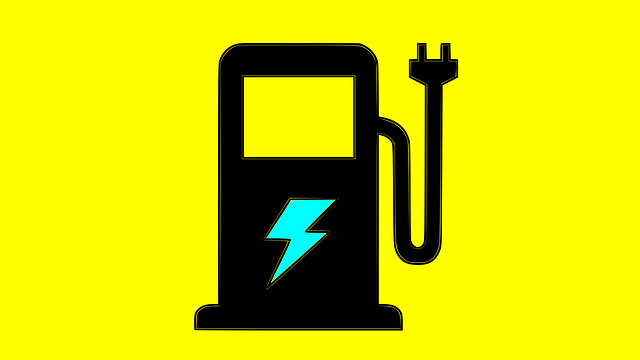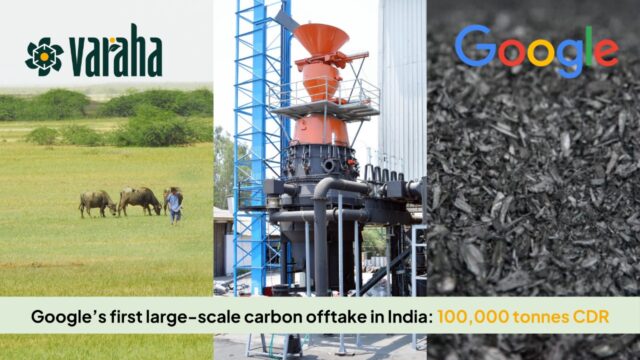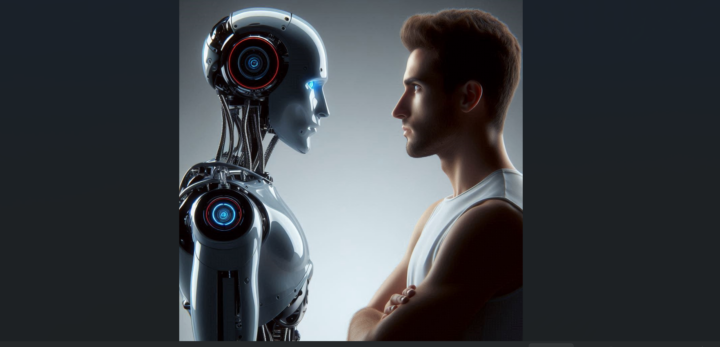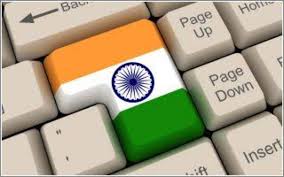Charging EVs is the cornerstone of the EV industry, an aspect that has direct bearing on how much EV adaption happens and many EV sales are made. That’s why the industry is working hard to ensure that EV owners never have to face chargeless times. Last year March, the European Union made a deal to install more service stations for electric and alternative fuel cars that aim to lessen the carbon footprint of its transport sector.
Auto giants are chipping in with gusto. Last month, German auto giant Volkswagen began talking to France’s Blue Solutions, which already makes solid-state batteries for Daimler electric buses, about adapting the design for cars. The decision indicates the various technical challenges impeding the broader advancement of solid-state technology, which offers the potential for extended driving ranges and reduced charging durations compared to conventional lithium-ion batteries.
Read more: Investors make a beeline for Indian CleanTech, solar energy lights up through early-stage funding
A Juniper Research study found that fragmentation in charging networks is restricting EV adoption. The fact that chargers have a concentration in urban areas is leading to widespread range anxiety among potential drivers. This is coupled with the difficulty of accessing charging points via different apps and cards, as well as the lack of standards for charging vehicles at the same rate. As such, EV charging networks must simplify access and work with local authorities to roll out chargers to a wider range of locations, or the EV market will struggle to accelerate.
The search for that supreme battery is on. Already, there is a rise in demand for mined graphite for EV batteries, leading automakers to seek supply from outside China, the main supplier. After all, the search for new battery tech is on. Last year, Toyota talked about bringing in high-performance, solid-state batteries and other technologies to up driving range and cut costs of future EVs.
Last year, March, Volkswagen announced plans to invest US$192.76 billion in the next five years in areas including battery production and its North American operations. However, the auto giant’s
drive to develop a “solid-state” electric car battery with US startup QuantumScape has seen several delays, and the company is looking elsewhere for that potentially game-changing technology.
R&D is Creating Progress
Last year, UCLA researchers discovered that by preventing corrosion during the deposition of lithium, lithium atoms form a unique 12-sided shape, reducing the risk of explosions, enhancing the safety and efficiency of lithium-metal batteries. This innovation could potentially revolutionize lithium battery technology, leading to improved safety and performance.
And it isn’t just EVs that enjoy rechargeable lithium-ion batteries. They also power smartphones and storage for solar and wind energy, among other technologies.
Automakers have touted plans to re-use electric vehicle batteries when they lose power, but competition for battery packs and cell materials, and the appetite for affordable cars cast doubt on this part of the circular economy.
Indian EV Wants Battery Packs
In India, the demand for electric battery packs has increased substantially. According to a report by GameChanger Law Advisors, a Bengaluru-based corporate and commercial law firm, and Speciale Invest, a seed-stage VC firm, India has huge potential for in manufacturing EV battery packs as the country is heavily dependent on importing 60-65% of the total component requirement for battery packs.
Last October, Charzer, an EV charging station aggregation platform, introduced a new Whatsapp feature to offer hassle free charging for EV users. This new feature aims to make EV charging more accessible and user-friendly, particularly for individuals who may find mobile applications challenging to operate.
Sameer Ranjan Jaiswal, CEO and Co-Founder, Charzer, said, “With this new feature, users can start charging their EVs without the need to download an additional app, making the process more accessible, particularly for individuals who are not tech-savvy.”
Also, Quantum Energy, an Indian electric two-wheeler company, tied up with Battery Smart, an Indian battery-swapping network for electric two and three-wheelers. Through this collaboration, Battery Smart’s network of 900+ swap stations across 25+ cities will support battery swapping for Quantum’s electric scooters, enabling users to gain seamless access to fully charged batteries within two minutes.
This month, Pulse Energy, an EV charger aggregator tied up with ChargeZone and 20+ charging networks across India to offer a unified EV charging experience to EV users and fleets.
Charging EVs directly influences the extent of EV adoption and the volume of EV sales. Consequently, the industry is vigorously striving to ensure that EV owners never encounter periods without access to charging facilities.
However, the concentration of chargers in urban areas is fostering widespread range anxiety among potential drivers. This anxiety is compounded by the challenges associated with accessing charging points through various apps and cards, as well as the absence of standardized rates for charging vehicles. Thus, EV charging networks must streamline access and collaborate with local authorities to expand charger deployment to a broader array of locations, or else the EV market will face hurdles in its advancement. Concurrently, the quest for the ultimate battery continues.











